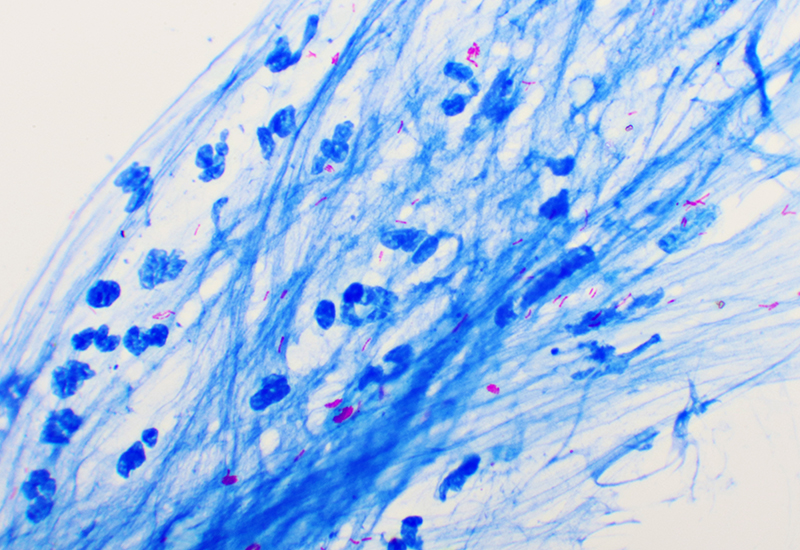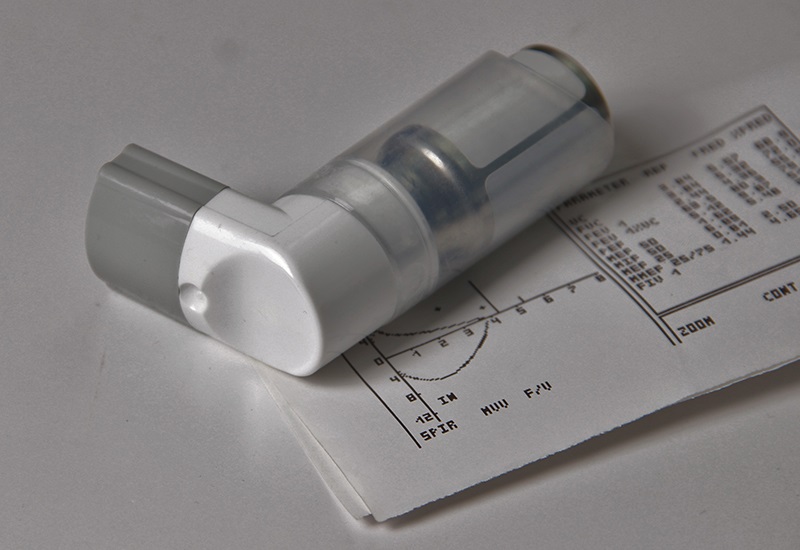Centre for Chronic Diseases of Ageing

Delivering dementia drugs to the brain via the nose
Advancing Intranasal Brain Drug Delivery for Dementia Using Nanoparticle Formulations
Drug development for brain pathologies is rapidly decreasing, while the number of patients affected by neurodegenerative brain pathologies like Dementia are expected to greatly increase in the next decades (Livingston G et al., 2020). One critical aspect is that the development of these targeted drugs currently requires 10-15 years and an investment of 1-3 billion euros with a failure rate of about 99.6% (Sun D et al., 2022). Adequate therapies to treat Dementia are challenging to develop due to the presence of the Blood Brain Barrier (BBB), which blocks more than 98% of neurotherapeutic molecules into the central nervous system after oral or parenteral administration. Recently, the nasal route has been found to be a promising alternative route to target the brain, allowing the direct transport of therapeutic molecules in the brain, bypassing the BBB, and increasing drug concentration (Lee D & T Minko, 2021). The intranasal route carries therapeutics first to the nasal cavity, and then to the brain through the olfactory and trigeminal nerves. However, the factors involved in the direct nasal delivery of drugs to the brain, including formulations’ characterization, accurate information about the values of osmolality, pH, viscosity, as well as their distribution, absorption, and long-term stability, are poorly understood. Such understanding is critical to develop effective novel treatments.
OBJECTIVE: This research proposal aims to optimize intranasal brain delivery for dementia treatment by formulating nanoparticles (NPs) loaded with peptide drugs with anti-Alzheimer effects, developed by the Dementia Research Center at Macquarie University. The primary objectives are to systematically evaluate the influence of different excipients, such as carbopol, chitosan, Poloxamer, alginate, cyclodextran, hydroxypropyl cellulose, and hydroxypropyl methylcellulose, on the intranasal formulations for dementia; explore the potential benefits of utilizing NPs in enhancing drug delivery across the nasal mucosa; and assess the efficacy of the developed formulations. These objectives collectively aim to contribute valuable knowledge to the field of intranasal drug delivery for dementia, and ultimately advancing therapeutic strategies for dementia treatment.



















